When I try to imagine what subject it might possibly be worth listening to ex-Prime Minister Liz Truss about, my brain freezes, computer lights flashing chaotically, before plunging into darkness.
Still, you have to admire her anti-Sunak smoking outburst, if only for its indication of an impressively robust sense of self.
Truss’s premiership certainly set records: shortest in history, fastest crashing of the economy, most ridiculed honours list because of her spectacularly ignominious end. Lesser mortals might blush and hide, but there’s Liz, boldly lecturing us all on libertarian values, like the elder statesman she’s not.
This all centres on Rishi Sunak’s attempts to introduce a gradual ban on smoking, by raising the legal age for buying cigarettes each year, so that today’s 14-year-olds can never legally purchase them. He also proposes a ban on single-use vapes, which studies suggest 20% of children have experimented with.
Truss says this is all “unconservative” and “absurd”, basically on the premise that people have the right to smoke themselves to death if they want to.
Is she delivering the latest Tory theory on selection of the fittest, or just a thoroughly hypocritical argument about “freedom”? I don’t hear her arguing for the legalisation of cannabis or heroin or cocaine on the grounds that citizens should be free to do what they want, no matter the knock-on effects for society.
Nicotine, the British Medical Journal has pointed out, is as addictive as hard drugs. It’s just that smokers function with more of a facade of “normality” while they’re killing themselves. They don’t inconvenience us quite so openly by littering the streets with comatose bodies. Does that mean we stop caring?
You can’t stop people – but you can challenge and help them
And, while we’re talking “rights”, where is Truss’s corresponding argument for the right to live in decent, mould-free houses? Or to have jobs and salaries that enable healthy lifestyle choices? Or to have access to affordable food and fuel? No mention.
Instead, social policy à la Liz involves piling the pounds high in government coffers from tobacco and alcohol taxes, while cancer and cirrhosis victims pile high in coffins. Hurrah for the free market.
Except, even in market terms, her arguments are unviable. In 2023, the UK Government made £10 billion from tobacco taxation. But, according to charity Action on Smoking and Health, the cost to society of smoking in England was around £17 billion, including £2.4 billion of NHS spending and £1.2 billion for social care. The remainder went on lost productivity.
Smoking caused 506,000 hospital admissions in England, 74,000 deaths, and 710,000 prescriptions to be dispensed. In addition, the Scottish Government estimates smoking here costs the NHS between £300 and £500 million. Who profits from all that misery, apart from tobacco companies?
None of this is an argument for healthcare to be rationed on the basis of what a patient “deserves”. There should be no pre-op court of healthcare that denies treatment because of self-harming habits like smoking, drinking or overeating.
But that doesn’t mean we can’t discourage activities that put intolerable pressure on a taxpayer-funded healthcare system and, just as importantly, destroy lives. You can’t stop people – but you can both challenge and help them.
There is a health disaster looming – which involves young people – and includes, but is not limited to, smoking and vaping. This week, it was revealed that bowel cancer rates among younger people are set to increase by a third this year. And 54% of those cases are considered preventable.
In the last 30 years, cancer rates in general among the under-50s have soared by 80%. In addition to smoking, experts connect these increases to poor diet, particularly the consumption of processed meats, alcohol intake, and lack of exercise.
Sometimes ‘freedom’ is deceptive
It is no surprise that Truss argues Tory social policy should boil down to: “Kill yourself if you like. Nobody cares.” We have seen that attitude in almost every Conservative Party policy in the last 13 years, from care homes during Covid to immigration.
And those who care least? The tobacco companies. The market leader, Imperial Brands, makes £70.50 profit on every £100 pounds spent on tobacco.
The line between state and individual is an important one. But, sometimes, “freedom” is deceptive. Anti-smoking measures acknowledge not just a problem for individuals but for the health of our nation, and the sustainability of our health service.
We have not only a physical health crisis but a mushrooming mental health crisis that encapsulates a gnawing sense of futility and despair. The increasing gulf between rich and poor includes a “nothing left to lose” attitude to alcohol and tobacco.
At least Sunak’s proposals recognise a problem to be addressed. Tobacco company profits? Deaths of young people in the coming years from unhealthy, habit-forming practices? Apparently, Truss doesn’t care.
But, it reminds me of something my mother used to say. When confronted by a mutinous “I don’t care” from one of her children, her eyebrows would shoot up. “Don’t care,” she would say tartly, “was MADE to care.”
Catherine Deveney is an award-winning investigative journalist, novelist and television presenter
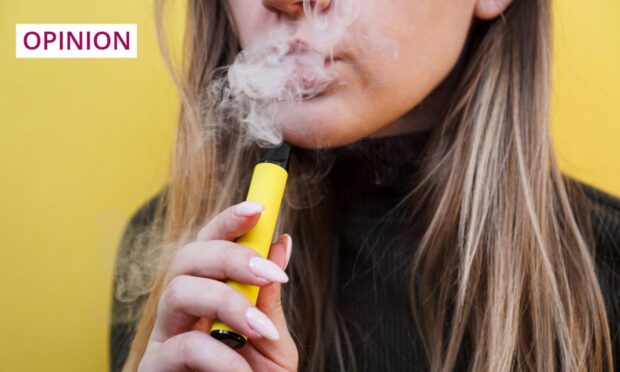

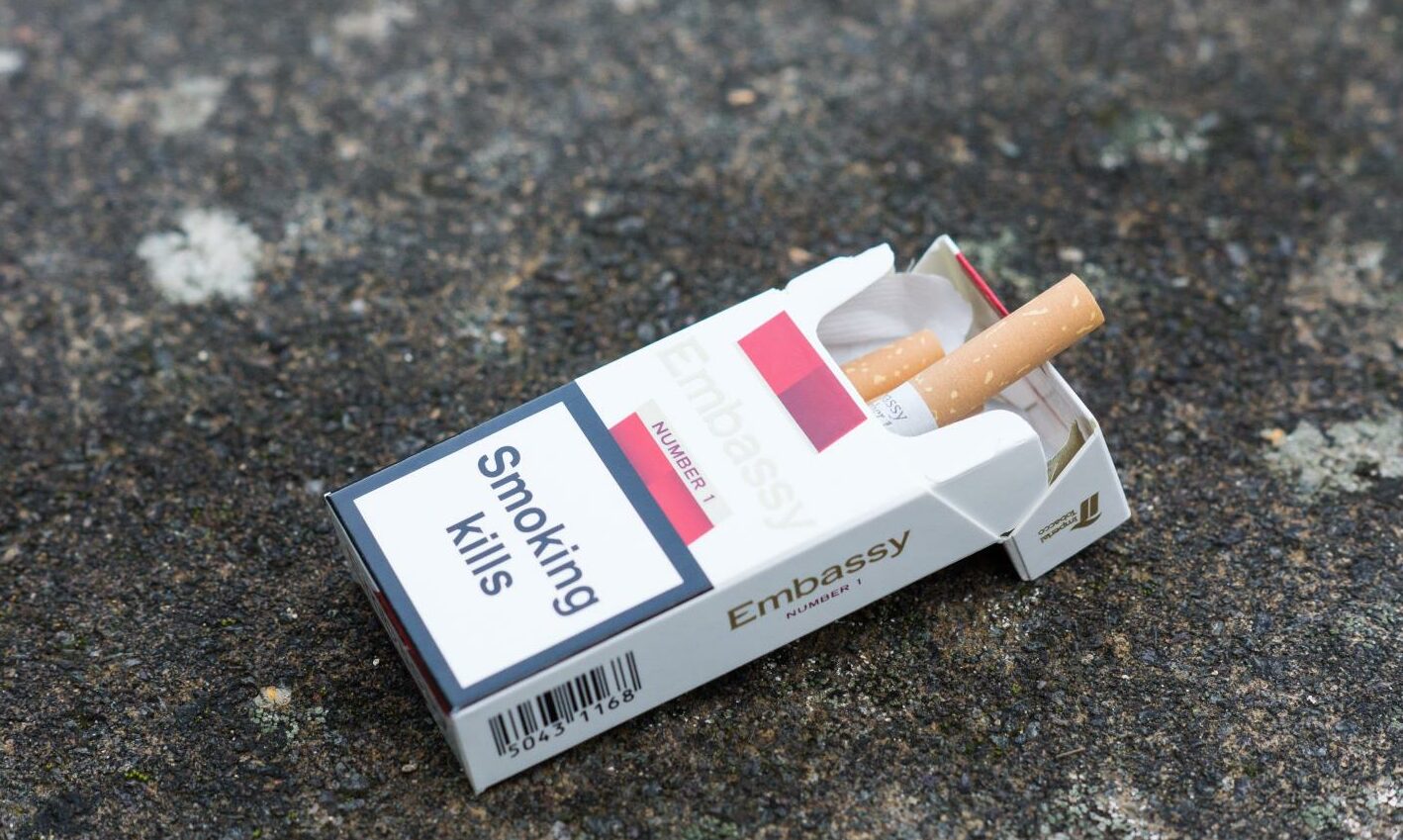
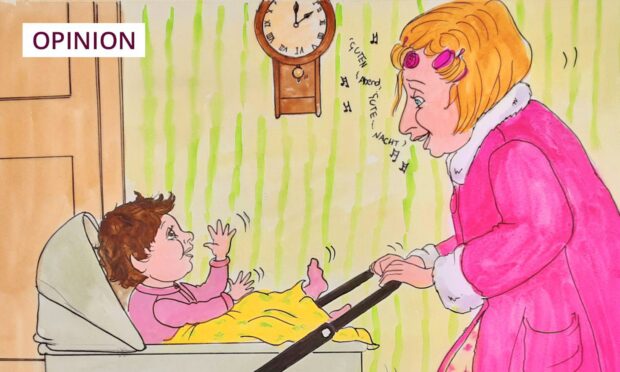

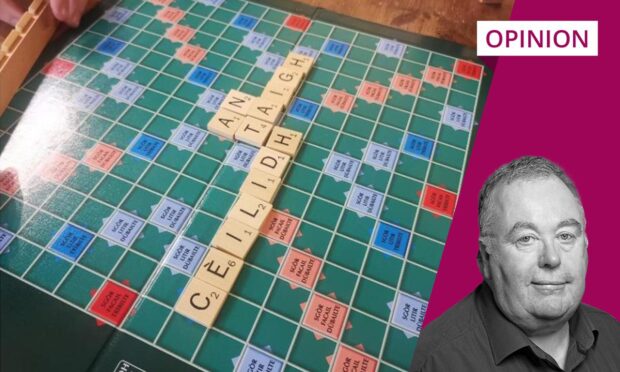

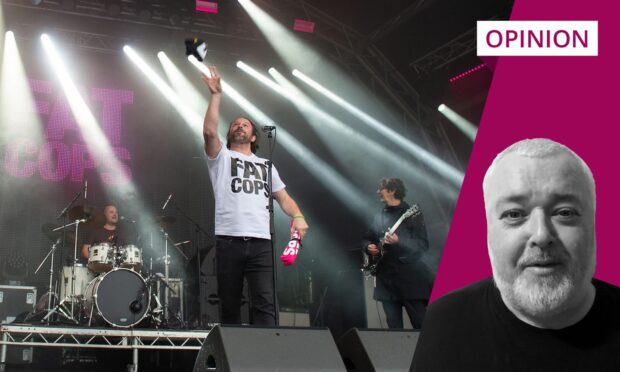
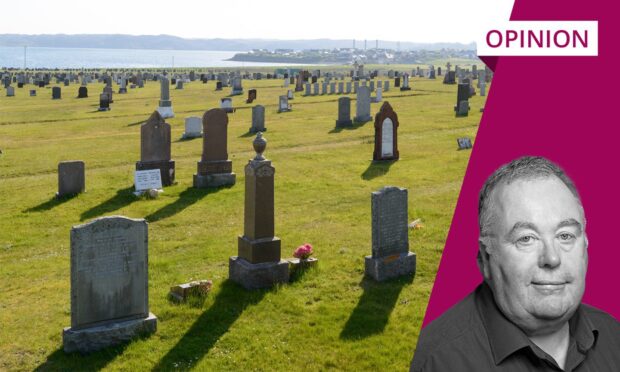

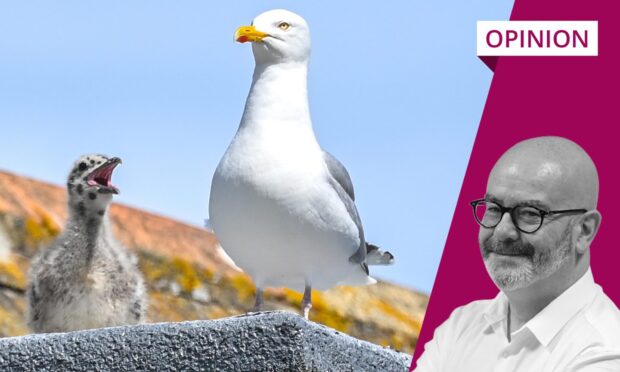
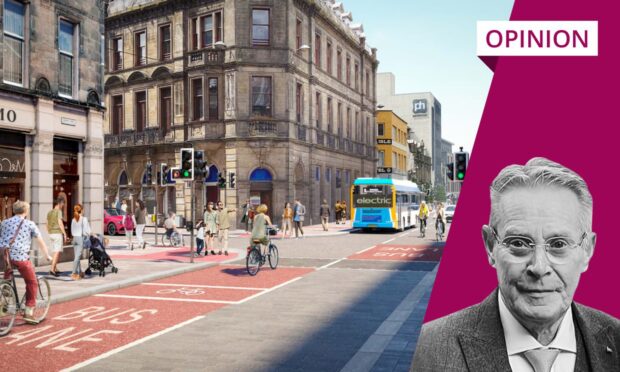
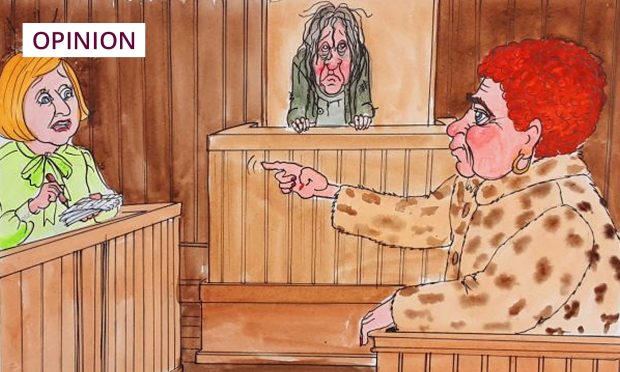
Conversation